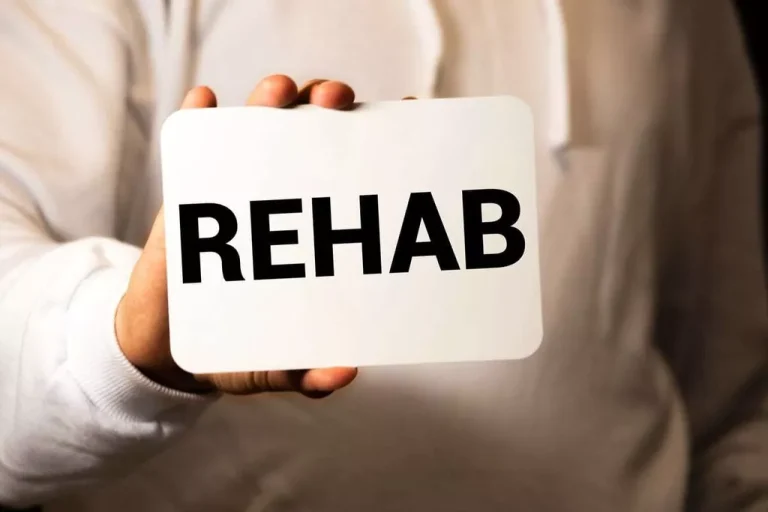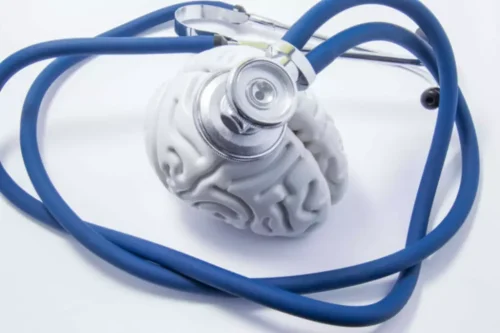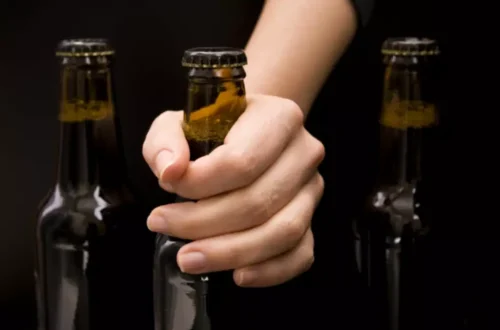
The prospect of changing your habits completely can, indeed, seem quite daunting. However, addiction treatment involves support in this https://ecosoberhouse.com/ respect. During rehab, you can take up fitness classes, as well as engage in meditation, yoga, cooking, nutrition classes and art.

Begin Healing at Recovery Ranch TN Today
- Also, your treatment center’s team will be able to provide you with the most effective medication to help you manage your withdrawal symptoms.
- A journey can begin with community mutual-help groups, inpatient treatment, residential rehab, outpatient programs, and more.
- For more information about Suboxone (buprenorphine/naloxone) see Suboxone.com, the full Prescribing Information, and Medication Guide, or talk to your healthcare provider.
- However, you may not realize that the more you drink, the more stressful things become.
- The flipside of the fear of failure is the fear of success.
However, when it has happened, I have to speak up to point out that I didn’t drink and I’m not subsidizing their drinking. If you’re fear of being sober like me, this can feel entirely terrifying. I have always hated the feeling that I’m putting people out or being difficult.
Reflect on the benefits of sobriety to maintain your motivation
I don’t believe you really feel that way because otherwise, you wouldn’t be here. You know, deep down, that you can and should have a better life. Every day, week, and month that you let slip by without tackling your drinking problem is time you can’t get back and more damage you must undo.

“I Will Lose My Friends”
There are plenty of things people do that do not involve or center around alcohol. You might be a little bored at first, but with time, you’ll discover new and more fulfilling things to do with your time. In my mind, sobriety meant Friday nights alone on my couch, watching Netflix and hiding from the rest of the world who was definitely out drinking. What is the point of sobriety if you let yourself wallow in self-doubt and pity?
- These practices encourage focusing on the present moment, which helps alleviate worries about the future.
- You may be able to fix some of what’s lost and damaged.
- Medical support can help keep you safe and as comfortable as possible during the detox process.
- Yet, at the same time, it may feel better just to give in and use because that’s what they expect from you.

This can include toxic relationships in which you feel unheard, misunderstood, unsupported, demeaned, unsafe, and/or attacked. The related stress may increase the risk of relapse. Relapse (using substances again after stopping) can and does happen, with 85% of people experiencing relapse at least once and half of them doing so within the first two weeks of sobriety.
Complete our convenient online form to connect with an Evoke Wellness treatment specialist.

You are a mirror now, a flashlight of sobriety in a society that is laced with the judgment that it’s abnormal to abstain from alcohol. People will assume you drink and will be very curious about why you don’t have a drink in your hand when they do. It’s part of the sobriety package, and it’s not necessarily a bad thing. Sobriety can be an incredible way to shed relationships you’ve outgrown as well as find new ones that align with your new values. While making the decision to be sober was the best thing I’ve ever done, it’s also one of the hardest. Not only because not drinking is hard, but also because we live in a society where most everyone around us drinks.
- Just be sure that your rewards don’t involve drugs or alcohol.
- Shame is having negative beliefs about yourself and your self-worth.
- There are many myths about sobriety that can cause people to feel scared.
You can learn more about treatment through some of our sobriety stories. Hear from real people who have struggled with substance misuse. With help from a healthcare professional, you can start looking for a treatment program that meets all of your unique needs. These are only a few of the signs that may indicate a substance use disorder. A licensed clinician uses this criteria—and more—to determine the likelihood and severity of a substance use disorder and formulate a treatment plan.

